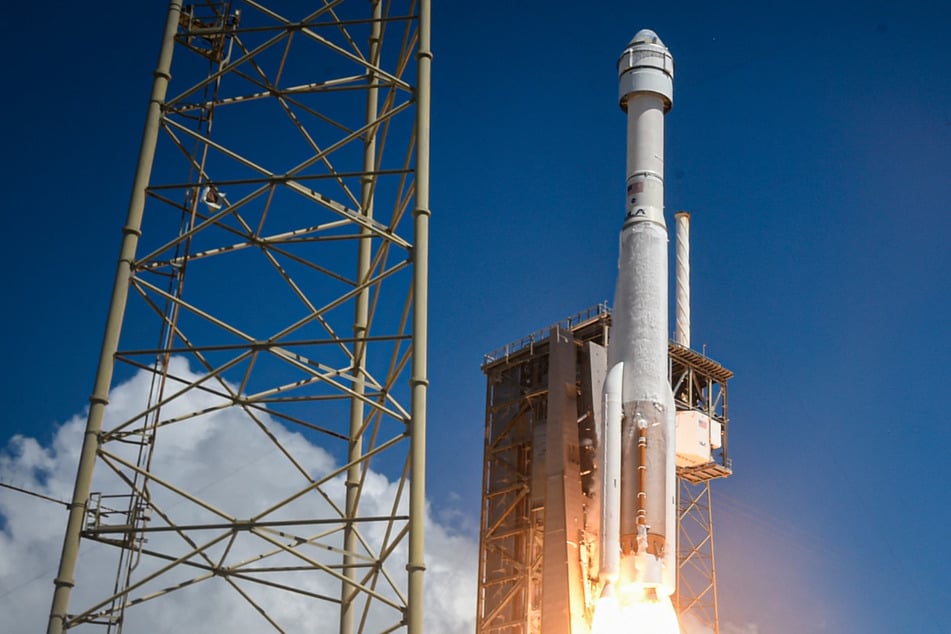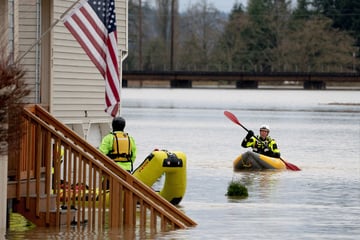Starliner docks at ISS after thruster issue with two astronauts onboard
Cape Canaveral, Florida - Boeing's new Starliner capsule carrying two NASA astronauts docked with the International Space Station (ISS) on Thursday, but struggled with technical problems on the way there.

The Starliner was only able to dock with the ISS on its second attempt after problems with its thrusters, live images from NASA showed.
Earlier, NASA said three helium propulsion leaks had been identified on the spacecraft but that the vessel was stable.
The spacecraft launched on Wednesday from the Cape Canaveral spaceport in Florida with NASA astronauts Barry Wilmore and Suni Williams on board, using an Atlas V rocket.
Wilmore and Williams are to stay for around a week at the ISS.
The test flight had been postponed several times due to various technical problems with the spacecraft and rocket.
The Starliner is a partially reusable spacecraft consisting of a capsule for the crew and a service module and capable of carrying up to four crew members.
Starliner overcomes several issues to dock at ISS
SpaceX's Crew Dragon capsule, currently docked at the ISS, was moved to another docking station, especially for the arrival of the Starliner.
In May 2022, the Starliner completed its first successful unmanned flight to the ISS and spent four days there – an important test for the spacecraft.
However, due to a number of problems, the project is far behind schedule, while the Crew Dragon has been bringing astronauts to the ISS regularly for several years.
Cover photo: Miguel J. Rodriguez Carrillo / AFP
